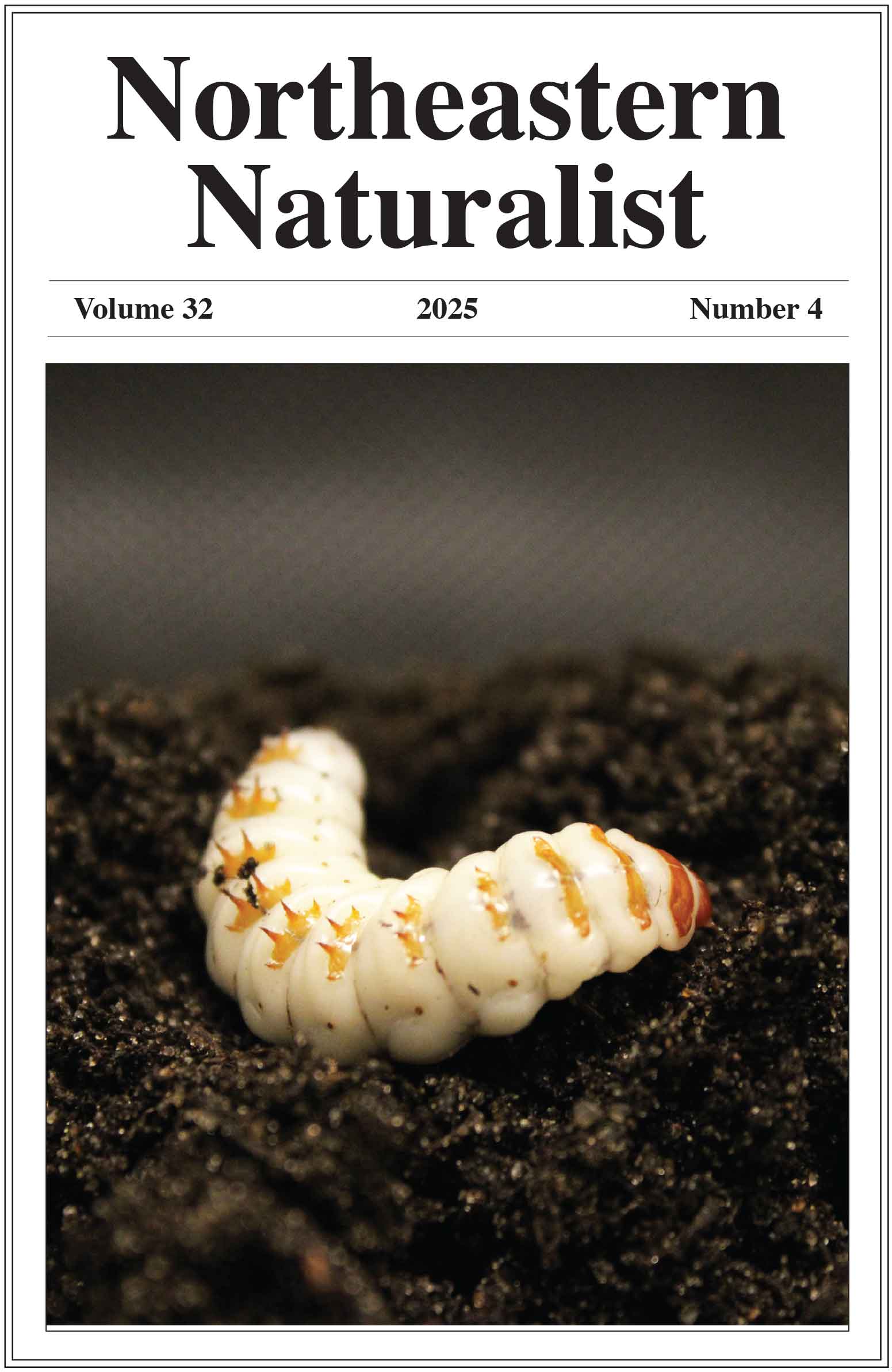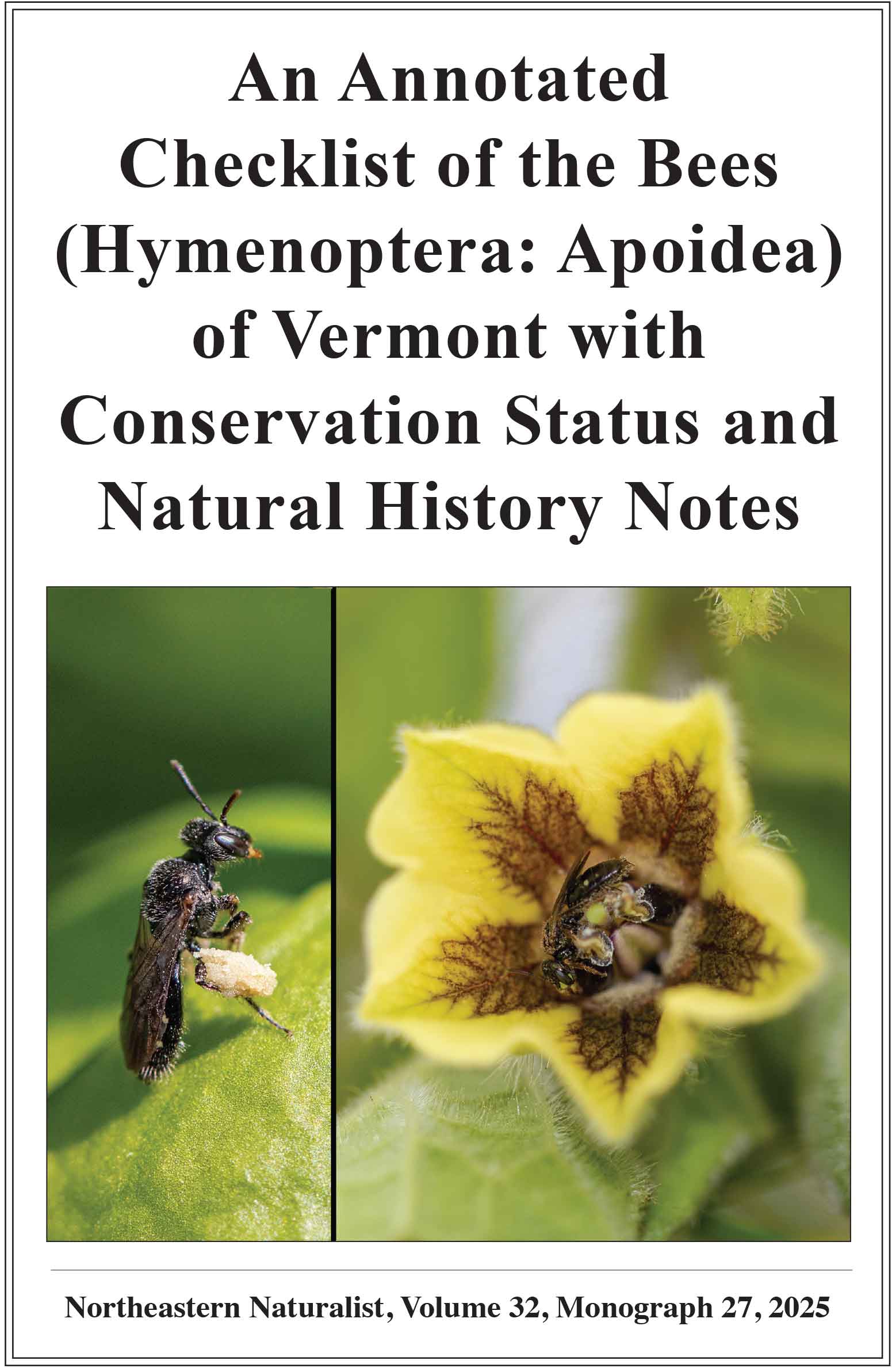Novel Use of Species Distribution Modeling to Identify High Priority Sites for American Woodcock Habitat Management
Bill Buffum1,*, Roger Masse1,2, and Scott R. McWilliams1
1Department of Natural Resources Science, University of Rhode Island, Kingston, RI 02881. 2Current address - Department of Fisheries, Wildlife, and Environmental Science, State University of New York College of Agriculture and Technology, Cobleskill, NY 12043. *Corresponding author.
Northeastern Naturalist, Volume 28, Issue 3 (2021): 233–247
Abstract
Most species distribution models (SDMs) predict the probability of presence (POP) of a species at any location based on an analysis of known occurrences and environmental variables; however, such SDMs cannot predict how much the POP of a species that requires young forest would change if a new patch of young forest is created at a certain location. We developed a new SDM tool to identify and prioritize sites where forest management efforts to create young forest vegetation would likely have the most positive effect for Scolopax minor (American Woodcock), an important umbrella species for other birds that require similar habitat. The primary output of the tool was a 50-m raster of the predicted POP in any upland forest location in the state after young forest is created. We conducted a preliminary assessment of the predictions of the tool, and concluded that our new tool can allow land managers to identify optimal locations on their properties to create young forest for woodcock, and help conservation agencies identify private landowners with suitable properties for improving woodcock habitat.
![]() Download Full-text pdf (Accessible only to subscribers. To subscribe click here.)
Download Full-text pdf (Accessible only to subscribers. To subscribe click here.)
Access Journal Content
Open access browsing of table of contents and abstract pages. Full text pdfs available for download for subscribers.
Issue-in-Progress: Vol. 33(1) ... early view
Check out NENA's latest monograph and Special Issue:













 The Northeastern Naturalist is a peer-reviewed journal that covers all aspects of natural history within northeastern North America. We welcome research articles, summary review papers, and observational notes.
The Northeastern Naturalist is a peer-reviewed journal that covers all aspects of natural history within northeastern North America. We welcome research articles, summary review papers, and observational notes.